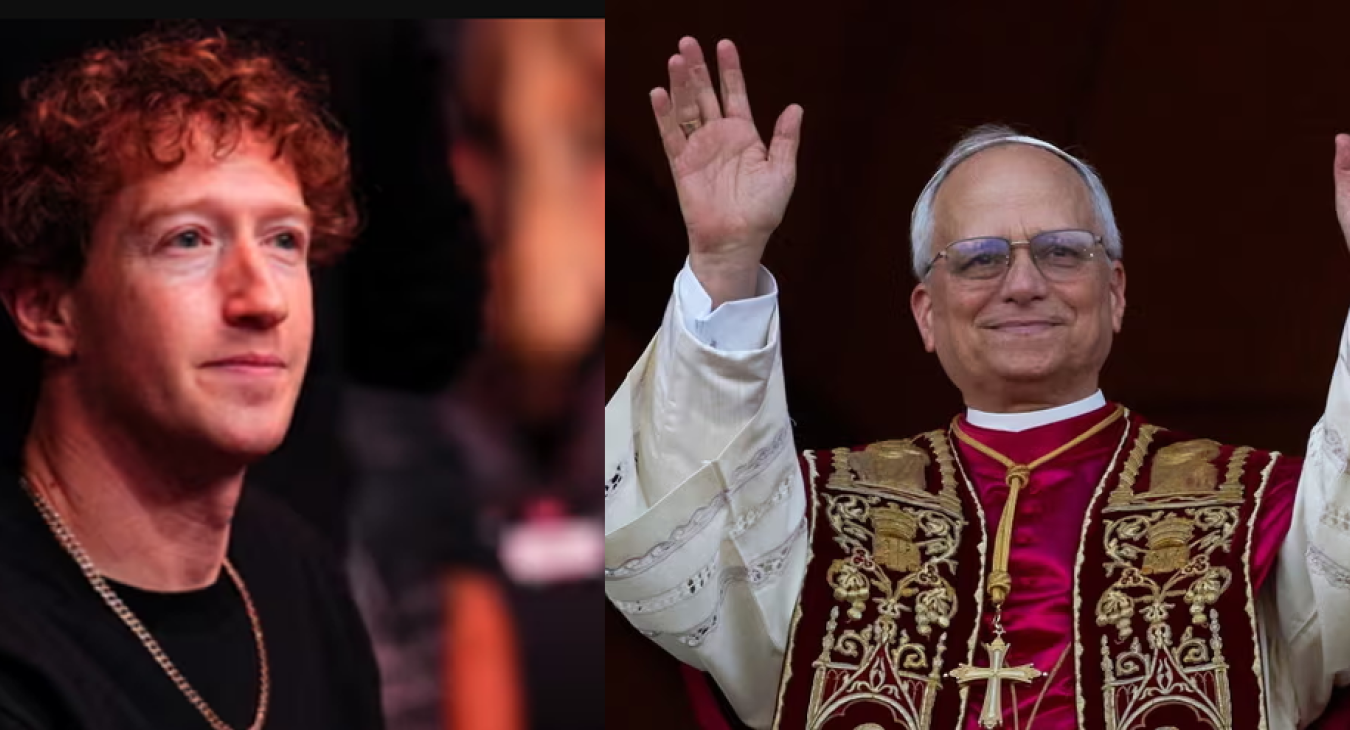VATICAN CITY — Pope Leo XIV, speaking publicly for the first time since his election, called artificial intelligence one of the greatest challenges of our time. He promised to continue Pope Francis’s course of building a more open and just church that protects the “outcast and forgotten.”
In his speech to the cardinals, Leo XIV emphasized his commitment to the reforms of the Second Vatican Council and the social doctrine of Catholicism. He linked his views with the name of Pope Leo XIII, the author of the 1891 encyclical Rerum Novarum, in which the church first formulated its position on workers’ rights and the economy. Today, according to Pope Leo XIV, humanity is faced with a new industrial revolution — the digital one — and the task of ethically regulating AI.
He warned that technologies devoid of compassion and human values threaten the dignity of the individual, justice, and work. These thoughts echo those of Pope Francis, who has been a vocal advocate for an international treaty to control AI development in recent years.
Leo XIV is the first American to hold the See of St. Peter. Before his election, he served as bishop of Chiclayo, Peru, and later headed the most important Vatican congregation responsible for appointing bishops. His election came as a surprise: he did not make any grand speeches during the preliminary meetings, but impressed the cardinals with his calm, poise, and ability to find solutions to difficult situations.
Pope Leo retained his previous episcopal motto, In Illo uno unum (“In Christ, we are one”), and for the first time as pontiff visited an Augustinian monastery near Rome, emphasizing his spiritual connection with the order.
_______________________________
Meanwhile, Meta CEO Mark Zuckerberg said that artificial intelligence will be able to do the work of mid-level engineers in the near future. Speaking at the Stripe Sessions conference, he emphasized that today's entrepreneurs have access to AI and other technology platforms that speed up the launch of projects.
"Now you can create a small but highly skilled team focused on the idea, not on infrastructure," he noted.
In Joe Rogan's podcast, Zuckerberg said that by 2025, AI will be able to write code at the level of a full-time engineer. However, experts warn that excessive reliance on AI can lead to security vulnerabilities and make it difficult to scale and debug systems. "Simplicity is a double-edged sword," said Cambridge researcher Harry Lowe.
Despite the risks, the largest IT companies are actively introducing AI into their work processes. Y Combinator CEO Harry Tan said that small teams can now use AI to create products that previously required dozens of developers. He called this phenomenon vibe coding, a term coined by OpenAI co-founder Andrej Karpathy.
Shopify has gone even further: its executives now have to prove that AI can’t handle a task before hiring a new employee. At Google, a quarter of new code is already written by AI and then reviewed by humans.
AI is increasingly penetrating the daily work of developers, changing the very essence of programming.
